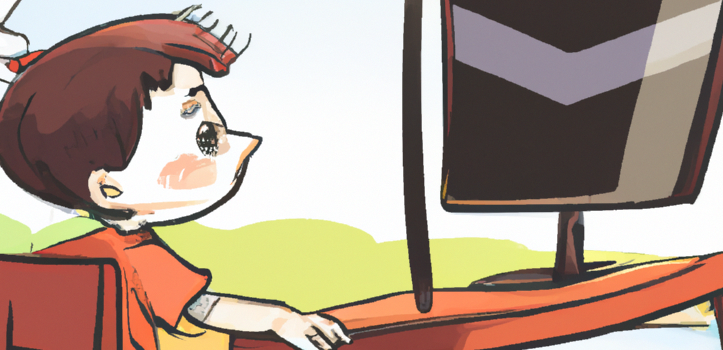
Bad Note Ending
Majority of times i've seen that good conversations keep going, and only end when it turns toward bad note.

Computer: Errors
90% of computer learning is about solving errors! And personally, I didn't get proper sleep if issue didn't get resolve before sleep.
ALL WORK!
In the Limelight - A Featured Selection of My Latest Creations
TIP!Drag sideways to navigate
Rudiger - Sniping
Why nobody talks about rudiger snipping, it improved a lot nowadays!

Lorem Ipsum
Lorem ipsum dolor sit amet consectetur adipisicing elit. Soluta beatae aperiam quia deleniti sapiente? Laborum dicta soluta totam vitae maxime necessitatibus debitis!